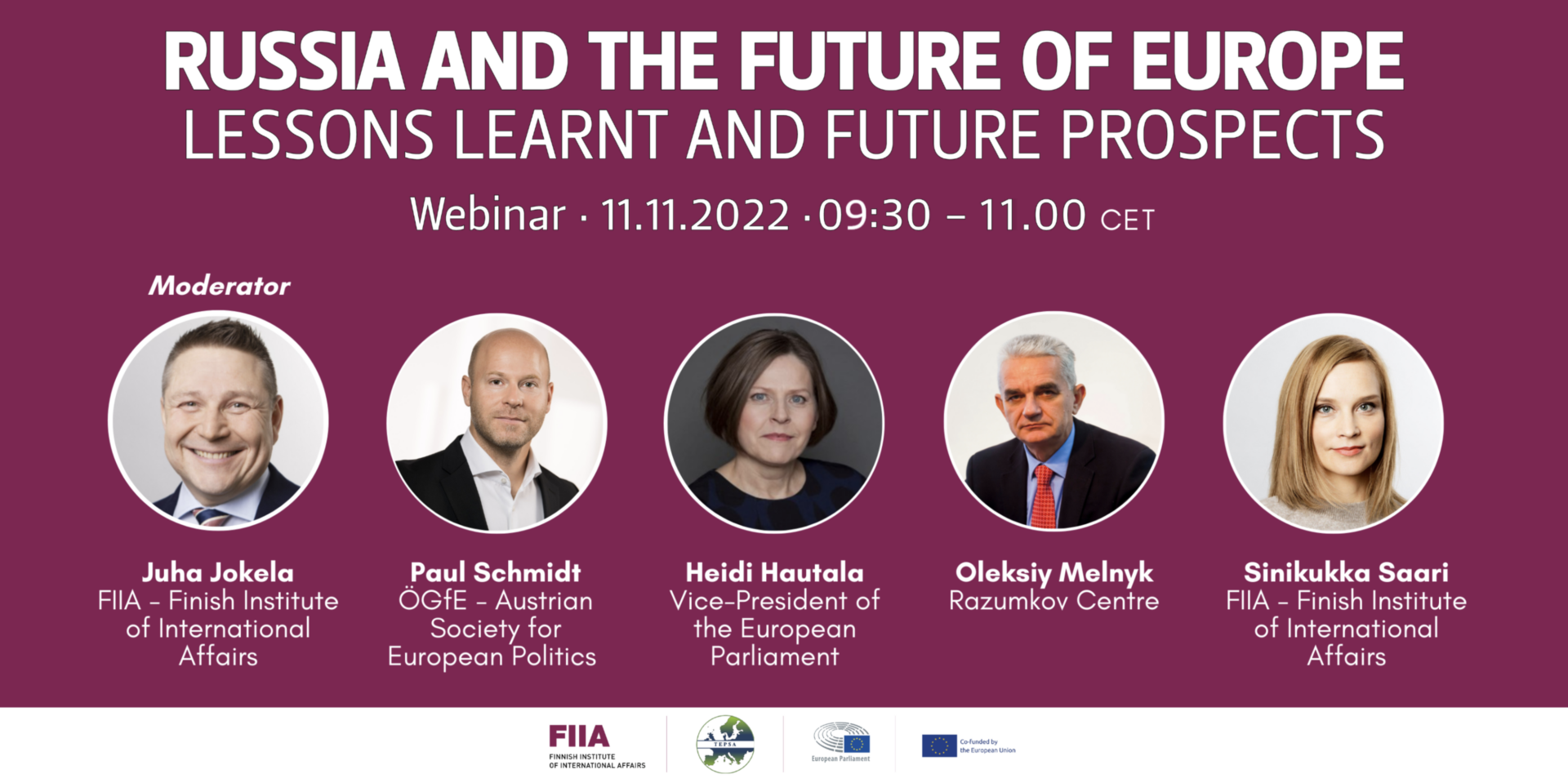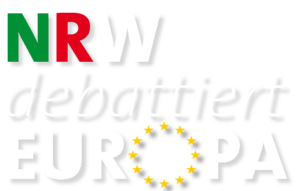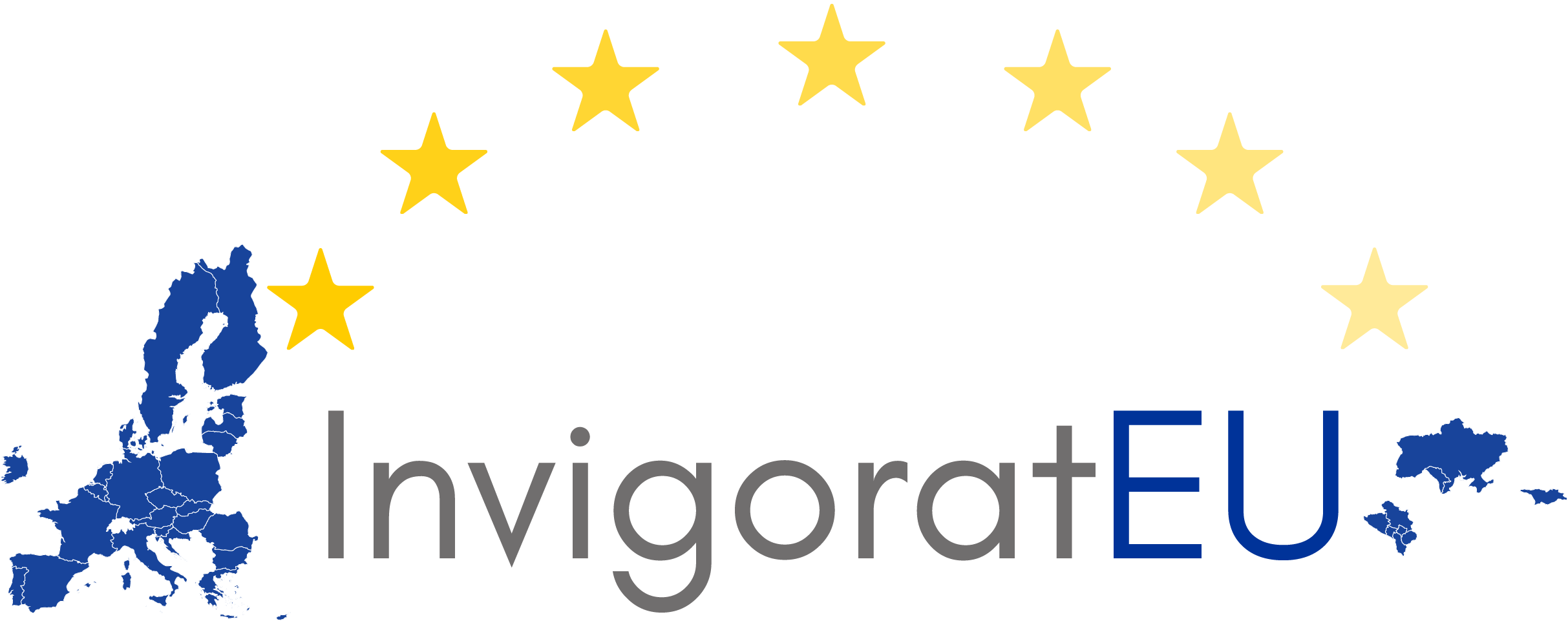Russia’s illegal and brutal war against Ukraine has led to a profound change in Europe’s security landscape, and powerfully questioned the Russia policy of the European Union and many of its Member States, including Finland. The EU has responded to Russia’s military aggression with unprecedented sanctions, as well as providing Ukraine economic assistance and military material aid – for the first time in its history – in the context of a broader Western effort.
Russia’s “weaponization” of dependencies such as energy relations have further strained Europe’s relations with Russia. This webinar will discuss lessons learnt and the longer-term prospects for EU-Russia relations from a northern European perspective. How can we assist Ukraine and respond to Russia’s escalation of the war? What are the key elements of restoring peace in Europe and building a sustainable security architecture for the continent’s future?
The Trans European Policy Studies Association and the Finnish Institute of International Affairs, in cooperation with the European Parliament Liaison Office in Helsinki, organised a high-level public debate to discuss these questions and many others. The event took place in a webinar format at 09:30-11:00 CET on November 11.
Speakers:
- Opening Remarks: Paul Schmidt, Secretary General, the Austrian Society for European Politics;
- Heidi Hautala, Vice-President of the European Parliament;
- Oleksiy Melnyk, Co-Director, Razumkov Centre, Ukraine;
- Sinikukka Saari, Leading Researcher, FIIA;
- Moderator: Juha Jokela, Programme Director, FIIA.
This event marked the publication of the book Russia and the Future of Europe: Views from the Capitals edited by Michael Kaeding, Johannes Pollak and Paul Schmidt. The book sheds light on how Member States and EU neighbours relate to Russia. The webinar is a joint initiative between the Finnish Institute of International Affairs (FIIA), the Trans European Policy Studies Association (TEPSA) and the European Parliament (EP).




